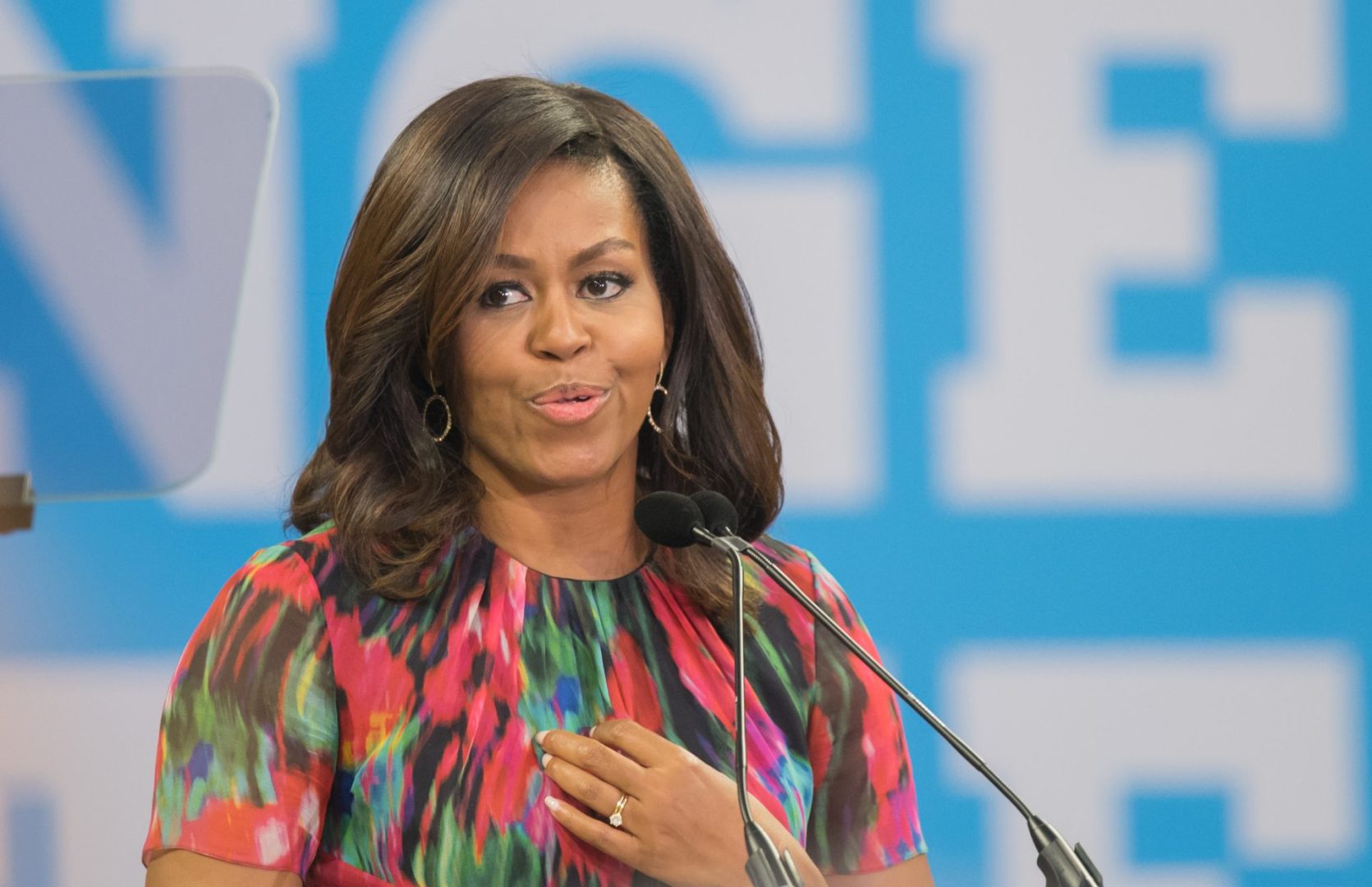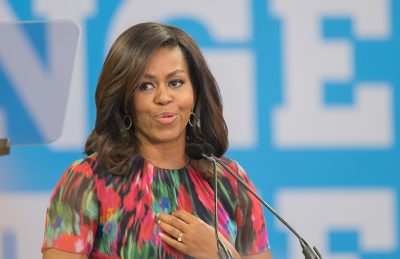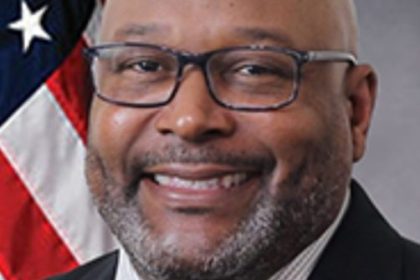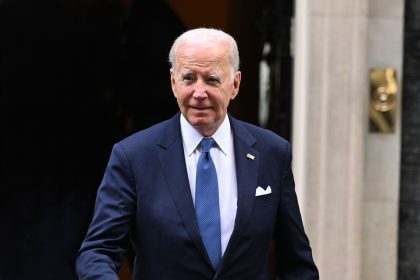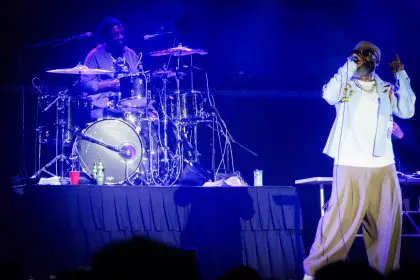The atmosphere on ABC’s “The View” reached a fever pitch as the hosts delved into one of the most talked-about political decisions of recent times. Michelle Obama‘s choice to skip Donald Trump‘s upcoming inauguration has unleashed a torrent of discussion about personal boundaries, mental well-being, and the evolution of political traditions in America.
The power of saying no
In what became one of the most riveting segments of the show, the hosts explored the deeper implications of a former First Lady’s right to decline participation in significant political events. This moment sparked a broader conversation about the intersection of personal dignity and public duty, highlighting how even the most established political customs are being reevaluated in today’s climate.
Breaking down the boundaries
As the discussion unfolded, Sunny Hostin emerged as one of the most passionate voices in the conversation. Her perspective shed new light on Obama’s famous “When they go low, we go high” mantra, suggesting that sometimes maintaining one’s dignity means making difficult choices. Hostin’s metaphorical reference to becoming “small like an ant” resonated with viewers who understand the complexity of navigating challenging political landscapes.
A question of representation
The conversation took an unexpected turn when the hosts addressed the broader implications of inauguration ceremonies in American democracy. The discussion revealed how these events serve as mirrors reflecting the nation’s commitment to diversity and inclusion. The scrutiny of past ceremonies opened up new perspectives on why such decisions carry weight beyond mere attendance.
The mental health factor
Ana Navarro’s contribution to the discourse brought a crucial dimension to the forefront: mental health in politics. Her analysis of Obama’s previous interactions with the Trump administration provided context for understanding how public figures must balance their official duties with personal well-being. This segment of the discussion resonated particularly well with viewers who appreciate the importance of setting boundaries in high-pressure situations.
Redefining political traditions
The show’s exploration of what constitutes a “normal inauguration” proved especially compelling. Joy Behar’s observations about the unprecedented nature of the current political landscape challenged viewers to reconsider their expectations of political protocols. This portion of the discussion opened up new avenues for understanding how traditional political ceremonies might evolve in response to changing circumstances.
The ripple effect
The hosts’ examination of how one person’s decision can influence public discourse demonstrated the far-reaching implications of personal choices in political spheres. Their analysis revealed how such decisions can inspire others to reassess their own boundaries and priorities, particularly in politically charged environments.
A new era of political engagement
The conversation highlighted how modern political figures are rewriting the rules of engagement. This segment of the discussion proved particularly relevant for viewers grappling with their own decisions about political participation and personal values in an increasingly complex political landscape.
The role of public figures
An extensive portion of the conversation centered on the evolving expectations placed on political figures and their families. The hosts explored how these expectations have shifted over time, particularly in relation to former First Ladies and their continued public presence after leaving office.
Setting precedents
The discussion ventured into territory rarely explored on daytime television, examining how personal choices by public figures can establish new precedents for future generations. This aspect of the conversation resonated with viewers who recognize the importance of challenging established norms when necessary.
The media’s role
The hosts’ analysis included a thoughtful examination of how media coverage shapes public perception of such decisions. Their discussion revealed the complex relationship between personal choices, public reaction, and media interpretation in today’s political landscape.
Looking toward the future
The conversation concluded with forward-looking perspectives on how this decision might influence future political interactions. The hosts’ insights provided viewers with valuable context for understanding the long-term implications of challenging traditional political expectations.
Impact on public discourse
The episode demonstrated how daytime television can serve as a platform for nuanced discussion of complex political issues. The hosts’ varied perspectives contributed to a deeper understanding of the relationships between personal choice, public duty, and political tradition.
Beyond the headlines
This intense discussion revealed layers of complexity often overlooked in standard news coverage. The hosts’ willingness to explore uncomfortable truths and challenge established narratives provided viewers with a more complete understanding of the situation.
A lasting conversation
The episode’s impact extends beyond its initial airing, contributing to an ongoing national dialogue about the evolution of political traditions and the importance of personal boundaries in public life. This discussion continues to resonate with viewers who appreciate the complexity of navigating political responsibilities while maintaining personal integrity.

